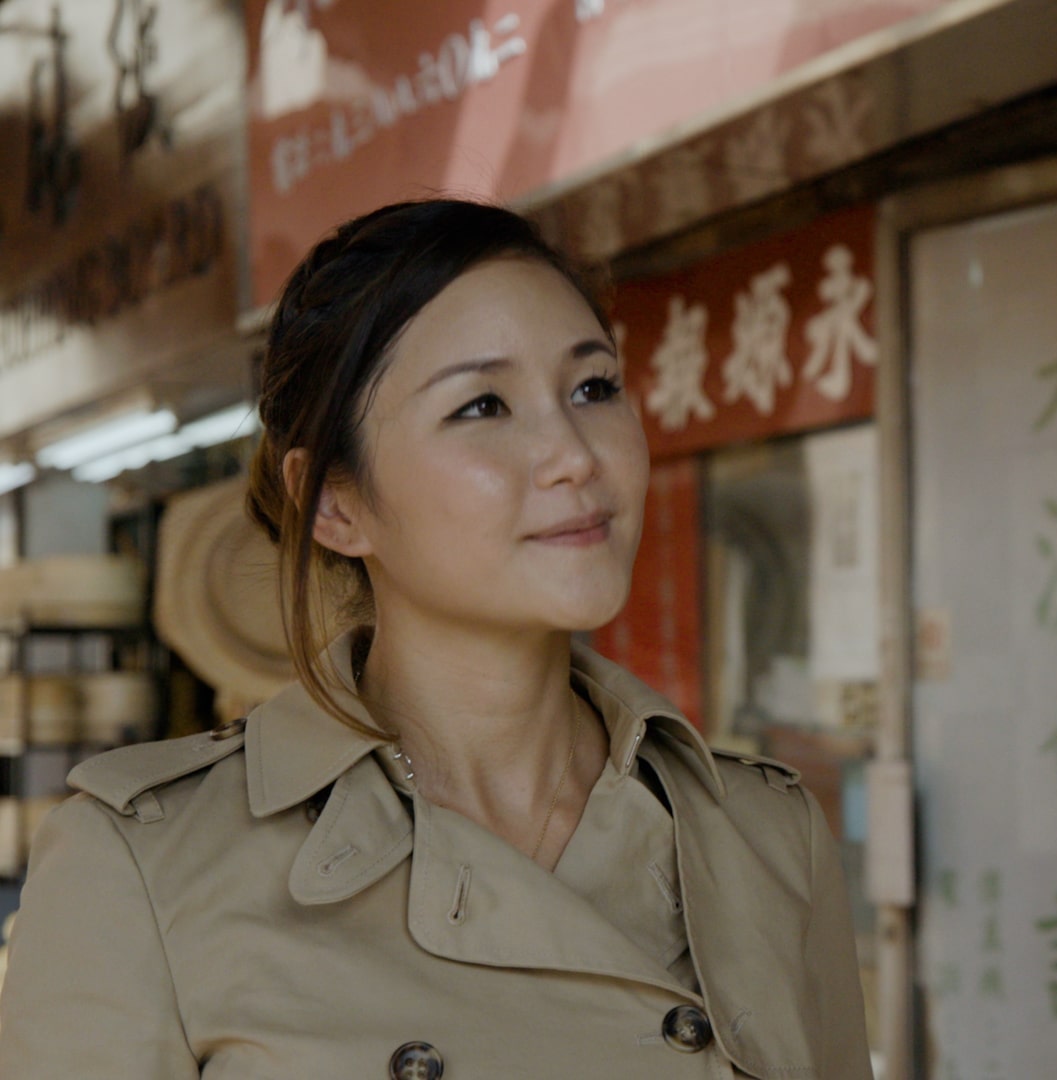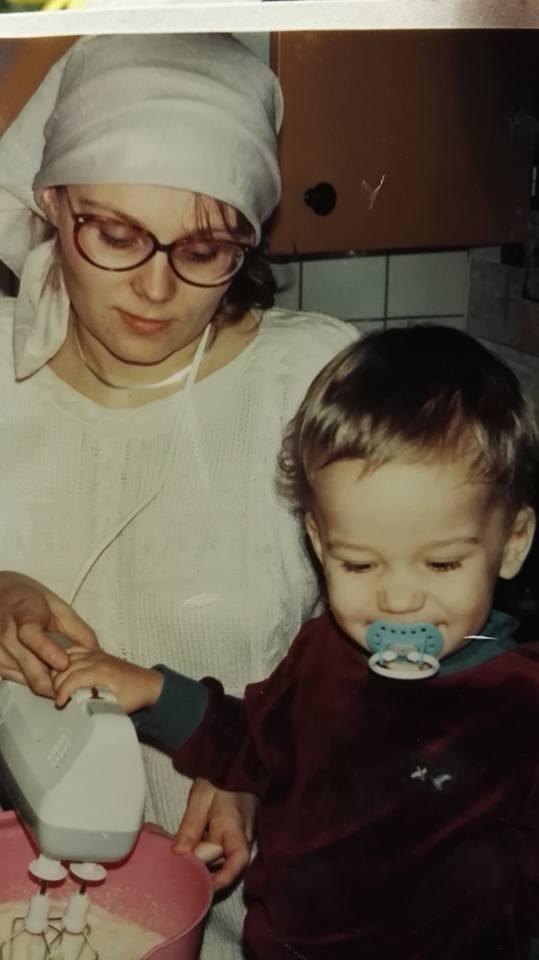When we got Shangri-La Hotel’s executive Chinese chef Mok Kit Keung to say something in front of the camera, he was visibly shy.
But he took the chance, mustered the courage and opened up: “Mummy, I love you.”
This was slightly hard, he confessed. “We seldom say things like this at home. With my upbringing, my mum wouldn’t praise us even if we did well. Even if I have amassed a good number of awards in the culinary field, I still won’t hear a word of praise from my mum.”
Having grown up in this setting, chef Mok himself took cues from his upbringing and his mother, even in ways of expression.
“I wouldn’t say ‘I love you’, but I would do this in other ways, such as calling her and asking if she ate well. Every time I pop over to Hong Kong, I will spend time with her. She is getting on in years and has a few aches here and there, so we have to do what we have to, as children.”
Previously the executive Chinese chef of Kowloon Shangri-La, Hong Kong, Mok was in charge of its two-Michelin-starred Shang Palace. He was sent last October to helm Shang Palace, Shangri-La Hotel, Singapore, overseeing an experienced team of Chinese chefs, and is responsible for all of the hotel’s Chinese food.

Mum’s Way
“I see a lot of Mum in me, she has influenced me in big and small ways, and now, I influence my team. She’s always taught me to go for the best and to do things step by step — never miss any detail or skip any steps. Now that I am taking charge of the kitchen, I see a lot of value in her teachings.”
He grew up in a village in Sha Tin, which was a rural area with little farms in those days.
“Mum actually came from a well-to-do family but Dad was a pauper. Relatives from my maternal family laughed at Mum for marrying beneath her, and the truth is, she had a harder life after marrying my father,” he recounted.

“My father’s family was big, too, and he stood at No. 5 in the line. We had a lot of relatives and they looked down on us. Mum was often bullied.
“But she did not say a word, she just kept pushing on. Dad worked in a factory, Mum did the farming, sold vegetables at the market and had to take care of us. Her days would start at 4am and end at 8pm.”
Even then, his mother did not spare the rod when it came to discipline.
“She expected us to tidy our beds and our house, and she would be angry if we did not. Homework had to be properly done. Those days, when we were naughty and played in others’ farms, we would get it from her. She would make us kneel in front of Tudi Gong, pinching our ears.”

The life lessons she imparted — hard work, doing good, not hurting others — have stuck with him.
“Mum was not extremely learned, but she understood what it meant to give from the heart or give wholeheartedly and generously. Those days at the market, her vegetables were so pricey but people still bought from her. She gave nothing but the best, she chose nothing but the best. I carry this trait in me now as a chef. In our kitchen, we don’t settle for anything less.”
His mother would stint on herself and give her best to the kids, buying them toys whenever she could — and now it is his turn to return the love.
“Now that I can afford it, I would get the best I can for her. We seldom say niceties such as ‘I love you’, but we express it through our actions. I’ll hold her hand whenever we are out.”

He added: “She loves going for tea and I enjoy it so much with her. She takes pleasure in going to the markets, chit-chatting with the stall holders. I would accompany her whenever I could. We would take our time to select the best ingredients and clean them at home, then I would prepare a meal for her.”
He also makes it a point to buy his mother bird’s nest each time he returns home to Hong Kong.
“In the past, Mum did not have the luxury of having bird’s nest because we were too poor. But it’s such a good tonic which is high in protein and easily digestible.”
She also loves almond cream, which he would cook for her using premium ingredients, lovingly soaking and blending the almonds, then cooking the bird’s nest. He said: “Mum enjoyed it thoroughly the first time I cooked this for her. She was so happy.”

Every year, the filial son would buy his mum a set of new clothes for Chinese New Year, an especially significant gesture as his parents met in a clothing factory.
While in Hong Kong, we had the opportunity to speak to the matriarch of the family, who was clearly appreciative of the efforts of her son.
In a rare case of opening up before the camera, she had this to say: “I seldom praised my children. I was always egging them to do better, work harder and do good. My son is a hardworking lad, he does what he is told and so the old masters and bosses like him. That is how he got to learn so many things.
“He left home when he was so young and I was not by his side to take care of him. He really owes what he has today to himself. I feel extremely comforted and very proud of him.
“Truth is, I am grateful to him for not going astray, for taking good care of himself. My only wish is for my son to be happy and healthy.”

For the chef, he has the same wish for his mother and cherishes every moment with her, especially when she cooks for him.
“Mum’s cooking is extremely precious to me. Her soups and braised pigs trotters are the best ever. Eating her food makes me think about the past — we were so happy as a family, we always ate in a small space outside our house.
“Those flavours are able to bring out so many emotions. You traverse time and become young again, back to those days when you knew how tired Mum was after a long day, but no matter how hard it was, she came back home to cook for us.”
























